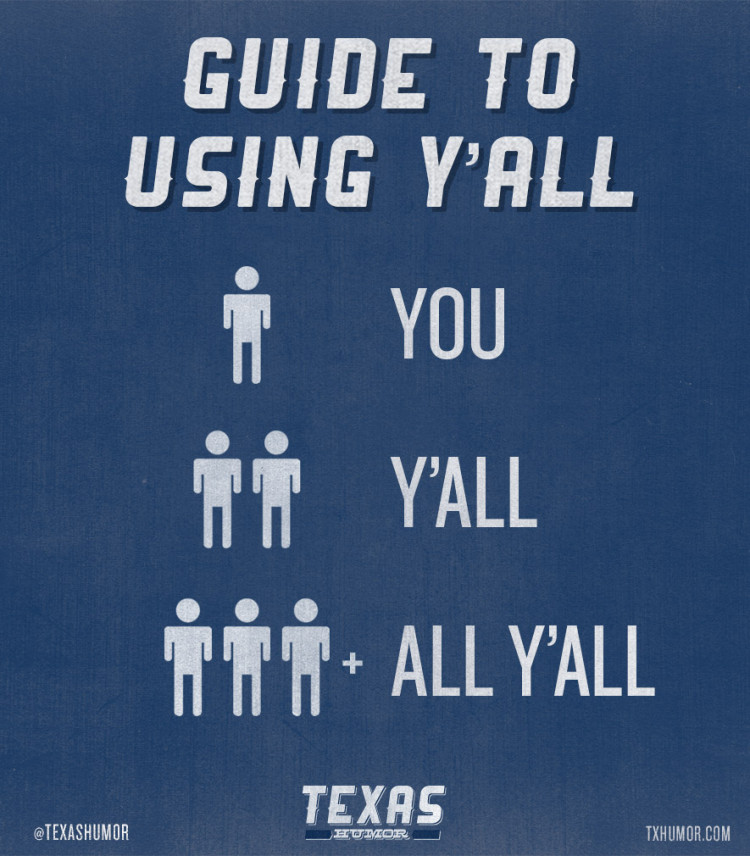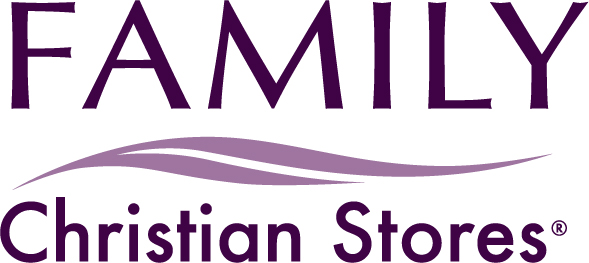Kyle Idelman’s AHA: The God Moment That Changes Everything (David C. Cook, 2014) is my inspiration today.
If ever I write a book, it will be DUH: The Things That Never Change (Big Publisher, 20??)
Today, I will reveal those things that are absolute truth that everyone should know. If you don’t, I have no advice for you.
DUH would not be a self-help book because it doesn’t suggest a solution to any particular problem. Instead, it is a checklist of things that bind us together as humans on this planet. DUH might be the start of a movement that will eventually lead to world peace in our time.
Focusing on what unites us has a healing effect.
Honestly, I don’t expect many comments to the post today. Maybe a couple “YUP” or “AHH” might be posted, but certainly no disagreements to things so clear and simple as first-grade math.
So here they are…the things in life we can’t ever argue: (In no particular order since they are all absolutes)
1. Everything will cost twice what you think – Car or home repair, legal fees, kitchen cabinets, cable TV, cell phones or anything paid for with tax dollars.
2. Pope Francis is Catholic.
3. Hebrew National Hot Dogs are Kosher – Ignore the people who say they are not.
4. Eating 62 hot dogs in one sitting is not healthy. Click here. (http://www.nathansfamous.com/contest/mainevent)
5. You don’t get top dollar for your stuff in a pawnshop – for Pete’s sake, pawnshops are for desperate people trying to get some quick cash. Trying to sell your Picasso? Anywhere but a pawnshop. Anywhere.
6. Pizzaz beats quality more than it should – nothing like cool to sell something. If anything becomes “it”, consumers lose their logical minds and focus on pizzaz.
7. Pizza is a horizontal food – years ago I picked up a pizza at a favorite spot and leaving right before me was a grandfather (I assume) with three grandkids in tow. The kids were a bit unruly and in an act of desperation to corral them and get his car keys, grandpa proceeded to tuck the pizza vertically under his arm like a briefcase. Gosh, he was going to be in trouble when he got home.
8. For humans, past performance is no guarantee of future performance.
9. For God, past performance is a guarantee of future performance.
10. There is an optimum size of a church – extremely large churches must be doing something wrong to draw people to them in such large numbers. Very small churches must be doing something wrong to not attract more people. There must be something in the middle that is perfect.
11. Jesus is a troublemaker – WWJD? Make people uncomfortable.
12. Traditional publishing is slower than indie publishing.
13. Some books are simply more interesting than others.
14. Winning an award for writing quality does not guarantee future sales.
15. Most people would rather be liked.
16. A spoonful of sugar helps the medicine go down.
17. All things considered, we would rather not consider all things.
18. There are far more authors desiring to write books than there are opportunities at publishers to publish them.
19. Free copies don’t count in your “sales” figures.
20. Any sharp object and a sheet of bubble wrap = five minutes of pure fun.
So there you have it. The things that unite us.
Now that we are all on the same page, we can move on with life, hold hands and sing Kum Ba Ya around the campfire. Summer is over. Deal with it.









